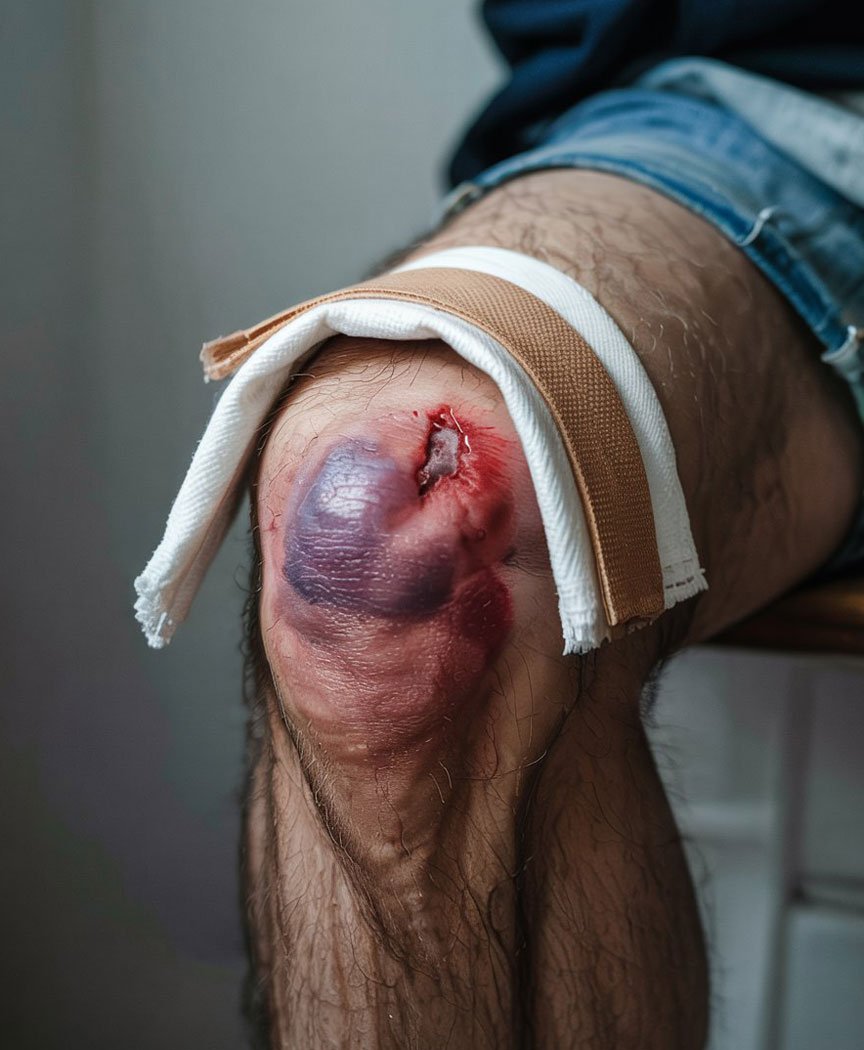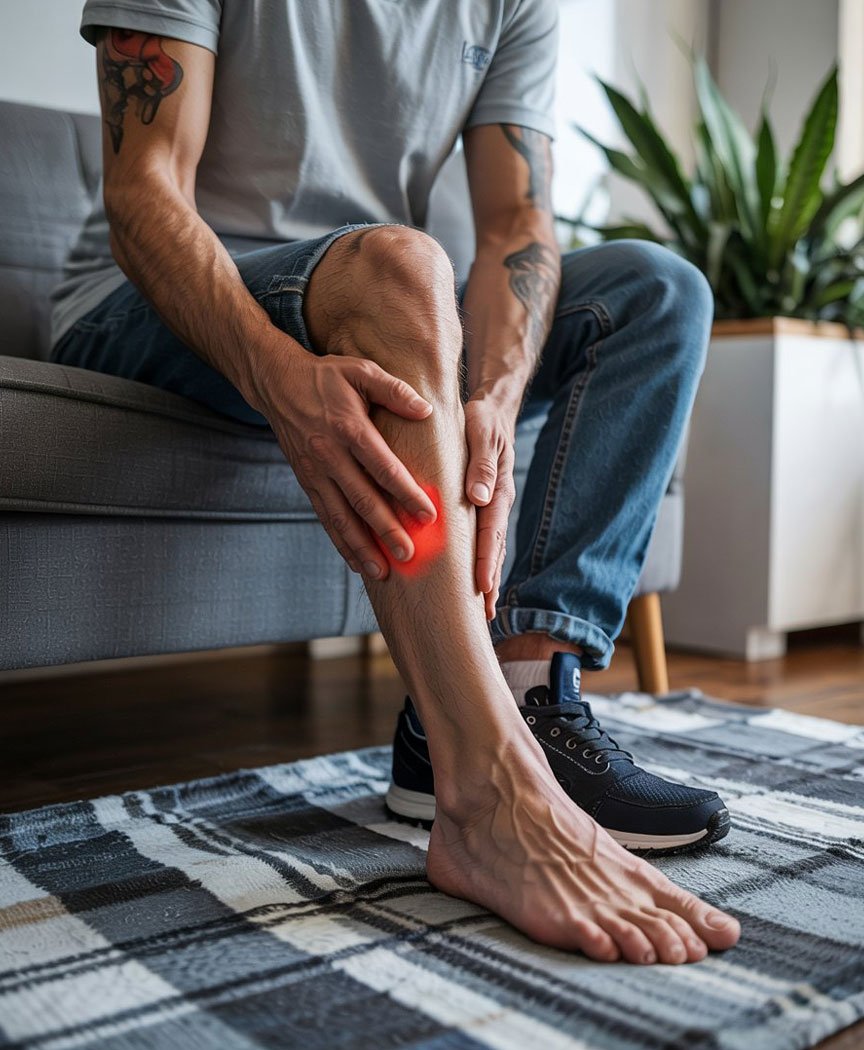Think It’s Just a Minor Ache? Think Again. These 3 Signs Could Mean a Serious Injury, and the Clock Is Ticking. Don’t Miss This!

We’ve all been there, feeling a minor ache or discomfort and brushing it off as just part of the daily grind. Maybe it’s a sore knee after a workout or a twinge in your back after lifting something heavy. But what if that “minor ache” is actually something more serious? Ignoring certain warning signs could lead to long-term damage or even permanent injury.
We will discuss three crucial signs that may indicate a serious injury. And the most important part? The clock is ticking. Addressing these symptoms early can make all the difference in your recovery, so don’t wait to take action!
1. Persistent Pain That Doesn’t Improve

When you experience pain, especially after physical activity, it’s natural to expect it to go away with a little rest. But if you’re dealing with persistent knee pain after exercise, or if the discomfort worsens over time, it could signal a more serious injury that needs medical attention, like a muscle tear, joint injury, or even a fracture. What was once a minor ache may turn into a chronic issue if left untreated.
What to Look For:
- Pain that doesn’t subside after a few days of rest
- Swelling or bruising around the affected area
- Experiencing chronic shoulder pain and stiffness, especially sharp or stabbing sensations during movement, could indicate a deeper issue that shouldn’t be ignored.
Ignoring persistent pain can delay proper treatment, leading to complications. It’s important to seek professional medical advice if the pain doesn’t go away or if it gets worse.
Action You Should Take:
If pain persists beyond a few days, schedule a visit to your doctor or a physical therapist. Early diagnosis can help prevent more serious problems and ensure that you get the proper care.


2. Swelling and Inability to Move the Affected Area

Swelling is a common symptom after an injury, but when combined with difficulty moving the affected area, it could indicate a serious injury like a sprain, ligament tear, or even a fracture. If you notice that you’re unable to move your arm, leg, or joint in a normal range of motion, it’s time to pay attention.
What to Look For:
- Swelling that doesn’t go down after a few hours
- Difficulty moving the joint or limb, or a feeling of “locking”
- A sense of instability or weakness in the affected area
Swelling that doesn’t go down or increases over time may be a sign of internal damage, such as torn ligaments or muscle fibers. In these cases, it’s essential to get medical attention immediately.
Action You Should Take:
Apply ice to the area and elevate it to reduce swelling while you schedule an appointment with a healthcare professional. They may recommend imaging tests like X-rays or MRIs to assess the extent of the damage.
3. Numbness or Tingling Sensations

Numbness or tingling sensations in an injured area might seem like a minor inconvenience, but they can signal nerve damage, which could be caused by a herniated disc, pinched nerve, or severe trauma. When nerves are affected, the longer you wait to treat the injury, the greater risk you take in permanently damaging your nervous system.
What to Look For:
- Numbness or tingling that spreads beyond the injured area
- Weakness in muscles associated with the affected nerve
- Persistent sensation of “pins and needles”
This is one sign that should never be ignored. Nerve damage can worsen if not treated quickly and could lead to permanent loss of sensation or muscle control.
Action You Should Take:
If you experience numbness or tingling after an injury, contact a healthcare provider immediately. Early intervention can help prevent long-term nerve damage and lead to a more successful recovery.

Why You Shouldn’t Ignore These Signs
The body is resilient, but it also has its limits. What starts as a minor ache could easily escalate into something far more serious if not addressed in a timely manner. Whether you’re dealing with pain, swelling, or numbness, it’s crucial to take action quickly.
The clock is ticking—and the longer you wait, the harder it may be to recover. Don’t dismiss these signs as “just part of getting older” or “nothing serious.” Taking action early can help you heal faster, prevent further injury, and get back to doing the things you love.
Think you’ve experienced one of these warning signs? Don’t wait for it to get worse—consult a healthcare professional today and ensure you’re on the path to a full recovery!